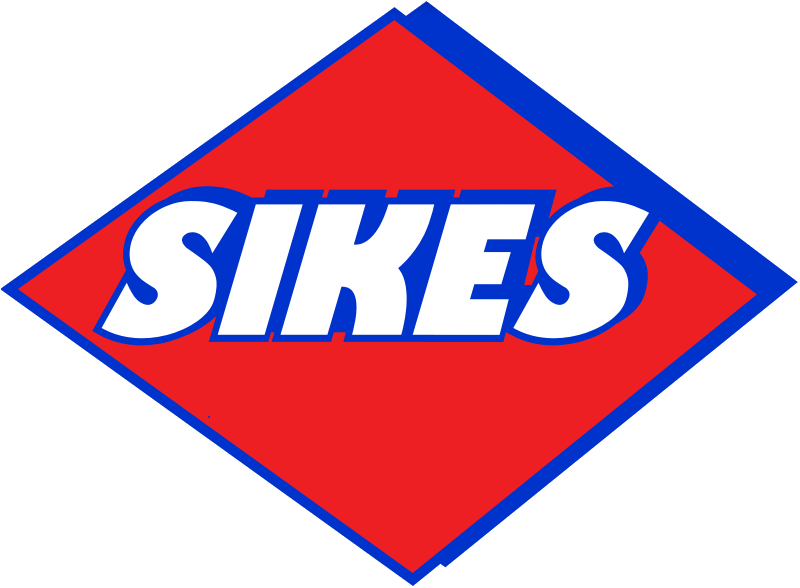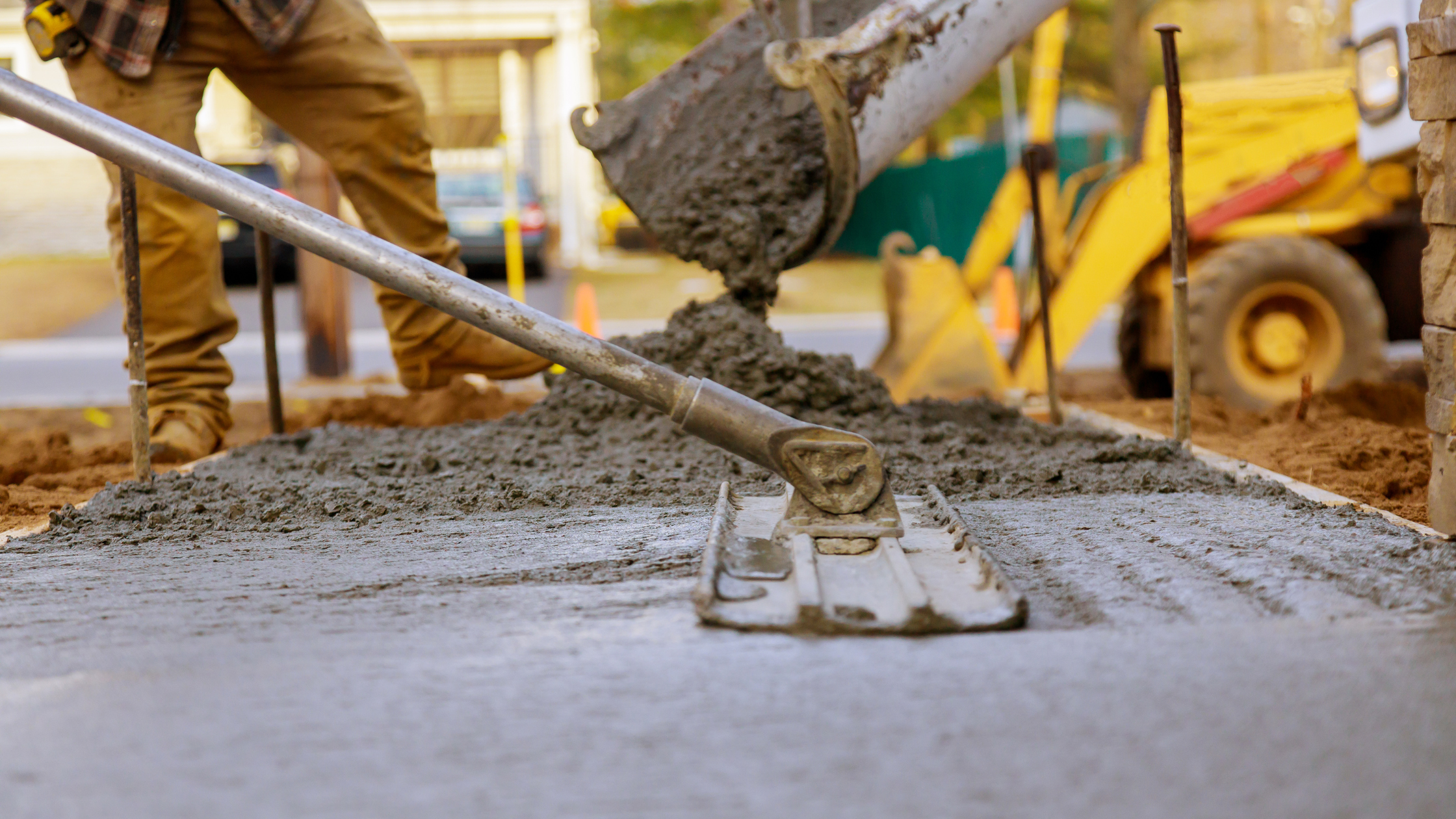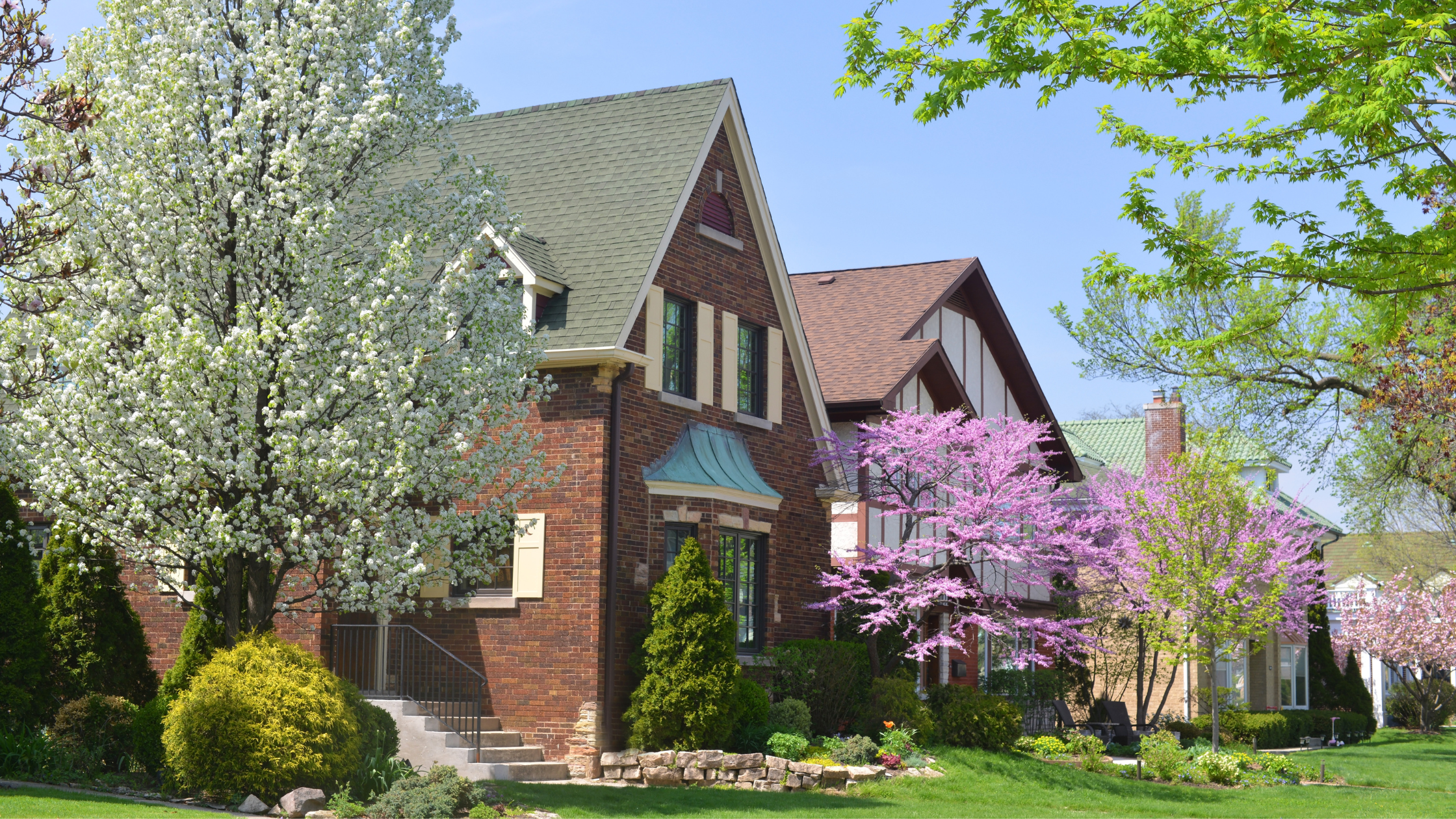CUSTOM CONCRETE MIX DESIGNS | SIKES CONCRETE
Custom concrete mix designs provide specialized solutions for particular construction projects, ensuring that the concrete employed is tailored to the distinct requirements of each application. By fine-tuning the ratios of cement, aggregates, water, and admixtures, a custom concrete mix can achieve optimal performance in terms of strength, durability, workability, and aesthetics. This article will delve into the benefits of custom concrete mix designs, the elements to consider when devising a custom mix, and some prevalent applications where tailored mixes can offer substantial advantages.
Commercial concrete contractors often utilize custom concrete mix designs to meet the specific needs of their projects. These professionals, including concrete finishers, have the expertise to create the ideal mix for various applications, such as curbing and housing pads. The use of custom mixes ensures that the final product not only meets the client's specifications but also complies with industry standards for quality control. By collaborating with experienced commercial concrete contractors, project owners can ensure that their structures will stand the test of time, both in terms of performance and visual appeal.
Advantages of Custom Concrete Mix Designs
Performance optimization
Custom concrete mix designs allow for the fine-tuning of the concrete's properties, ensuring that it meets the specific performance requirements of the project, such as compressive strength, tensile strength, and durability.
Improved workability
By adjusting the mix proportions, custom concrete mixes can be designed to improve workability, making them easier to place, finish, and consolidate.
Aesthetics
Custom mixes can incorporate various colors, textures, and finishes, allowing architects and designers to create visually appealing and unique concrete structures.
Cost-effectiveness
Custom concrete mixes can be designed to use locally available materials, reducing transportation costs and making the project more environmentally friendly.
Factors to Consider in Custom Concrete Mix Design
Project requirements: It is crucial to understand the specific performance requirements of the project, such as the desired compressive strength, durability, and resistance to environmental factors.
Material properties: The properties of the constituent materials, such as the type of cement, aggregates, and admixtures, play a significant role in determining the final characteristics of the custom mix.
Water-cement ratio: The water-cement ratio is a critical factor that affects the workability, strength, and durability of the concrete mix. A lower water-cement ratio generally results in higher strength but reduced workability, while a higher ratio increases workability but may compromise strength and durability.
Admixtures: Chemical and mineral admixtures can be used to modify the properties of the concrete mix, such as accelerating or retarding the setting time, increasing strength, improving workability, or reducing permeability.
Common Applications for Custom Concrete Mix Designs
Architectural concrete: Custom concrete mixes can be used to create unique architectural elements with specific colors, textures, and finishes, enhancing the visual appeal of a building or structure.
High-performance concrete: For projects that require high strength, durability, or resistance to aggressive environmental conditions, custom mixes can be designed to meet these specific requirements.
Lightweight concrete: Custom concrete mixes can be formulated to produce lightweight concrete, which is ideal for applications where reduced weight is essential, such as in precast elements or elevated slabs.
Self-consolidating concrete: Custom mixes can be developed to produce self-consolidating concrete, which flows easily into forms and around reinforcement without the need for mechanical consolidation, reducing labor costs and improving the quality of the final product.
Pervious concrete: Custom concrete mixes can be designed to create pervious concrete, which allows water to pass through its porous structure, reducing surface runoff and promoting groundwater recharge.
Mass concrete: For projects that involve large volumes of concrete, custom mixes can be designed to reduce the risk of thermal cracking due to the heat generated during the hydration process.
Conclusion
Custom concrete mix designs provide tailored solutions for specific construction projects, ensuring that the concrete used meets the unique requirements of each application. By considering factors such as project requirements, material properties, water-cement ratio, and the use of admixtures, custom concrete mixes can deliver optimal performance in terms of strength, durability, workability, and aesthetics. Custom concrete mixes can be used in various applications, including architectural concrete, high-performance concrete, lightweight concrete, self-consolidating concrete, pervious concrete, and mass concrete. By understanding the advantages of custom concrete mix designs and the factors to consider when creating a custom mix, contractors, engineers, and architects can make informed decisions and successfully implement these tailored solutions in their construction projects. Custom concrete mix designs not only help meet specific performance requirements but also contribute to cost-effectiveness, improved workability, and enhanced aesthetics, making them a valuable option for a wide range of construction scenarios.
Featured Blogs
SIKES CONCRETE INC.
8030 FL-77, Southport, FL 32409
850-265-4564





